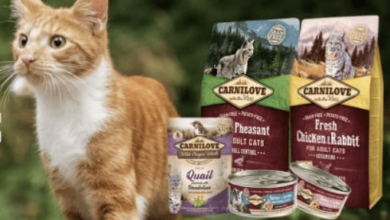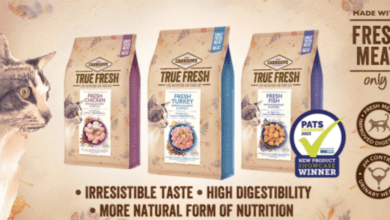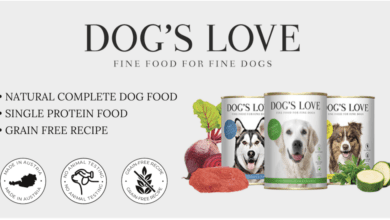Power of probiotics

A trip down the chilled aisle of any supermarket these days shows there’s something brewing, or should that be fermenting? Kefirs, kombuchas and kimchis have been appearing on shelves nationwide fuelled by a growing interest in digestive health.
Recent research by Mintel shows us that this interest is not simply confined to the world of human health and “Actively looking after pets’ digestive health is essential for their overall health” was the most agreed attitude measured in their May ’19 panel.
This growing interest has been supported by promising research within human health which reveals the effects of a healthy gut biome and probiotics. Clinical studies have shown far reaching benefits from improving digestive and treating gastrointestinal conditions to perhaps more surprising impacts like dental health and skin conditions.
Although there is more research to be done, particularly on the application within companion animals, shoppers are adding digestive health to the list of important considerations when selecting their and their pets’ food.
What are probiotics?
First discovered by Russain zoologist, Elie Metchnikoff who linked the long, healthy lives of Bulgarian villagers to their consumption of fermented yoghurt. Probiotics are live bacteria and yeasts which help maintain the balance of microflora in the gut. Not to be confused with prebiotics, which are not live bacteria, but the carbohydrates that can feed it.
Probiotics for pets
Whilst much of the research in probiotics has been centred around the application in human diets, there are a number of encouraging studies that show the promise of probiotics for pets. It’s suggested the benefits for cats and dogs may include:
- Better stools – recent studies on the benefits of probiotics for cats and dogs shows changes in stool quality, with firmer and fewer stools for both cats and dogs.
- Improved growth rates in puppies
- Support immune systems – The strain Enterococcus Faecium in particular has been shown to enhance specific immune functions in young dogs
- Aiding digestion
- Reduced mobidity of FHY-1 infection (Cat Herpes)
Many probiotic bacteria strains are already present in the digestive systems of our pets, and its hypothesised that wild cats and dogs would replenish this gut flora through the consumption of the fermented contents of their prey’s bellies. As a consequence of cooking or freezing even the least processed modern pet foods will be not be as rich in these beneficial bacteria as their wild counterparts. As a result, some pet parents and pet food manufacturers alike are choosing to supplement their recipes with select probiotics.
The future of probiotics
There is plenty of promise for the application of probiotics in cat and dog food and if trends in human diets are a helpful weathervane for the pet industry, we can expect continued growth in the demand for gut friendly, probiotic foods for pets.
By Aneisha Soobroyen, founder of Scrumbles













